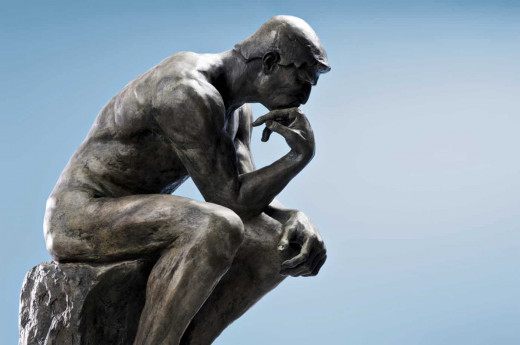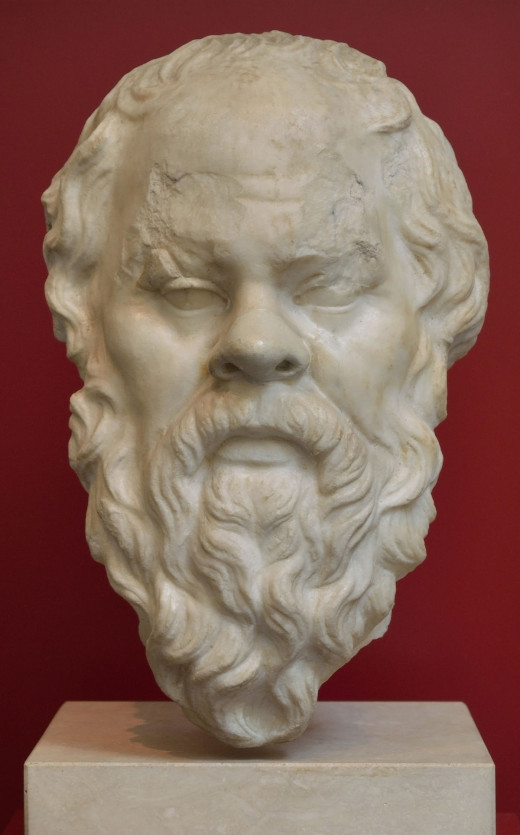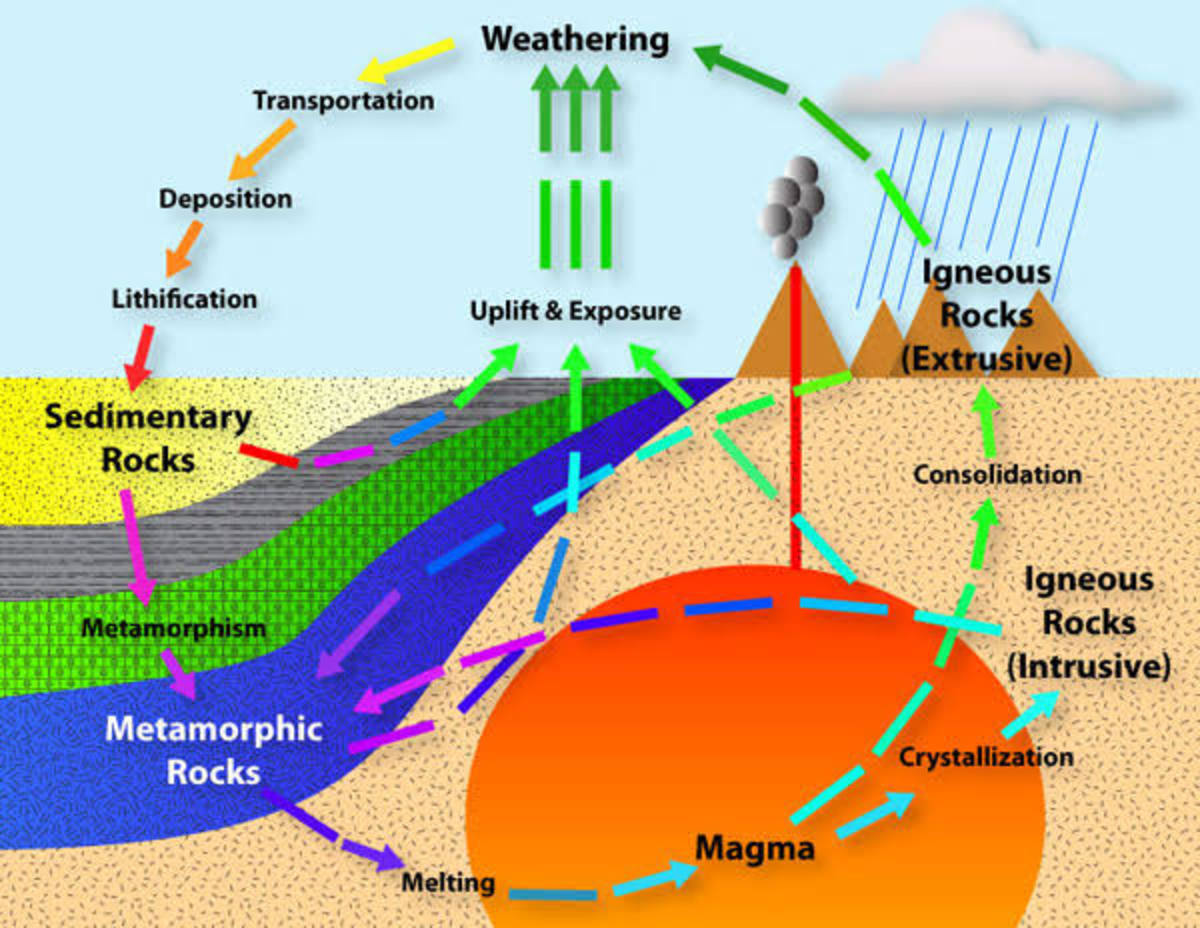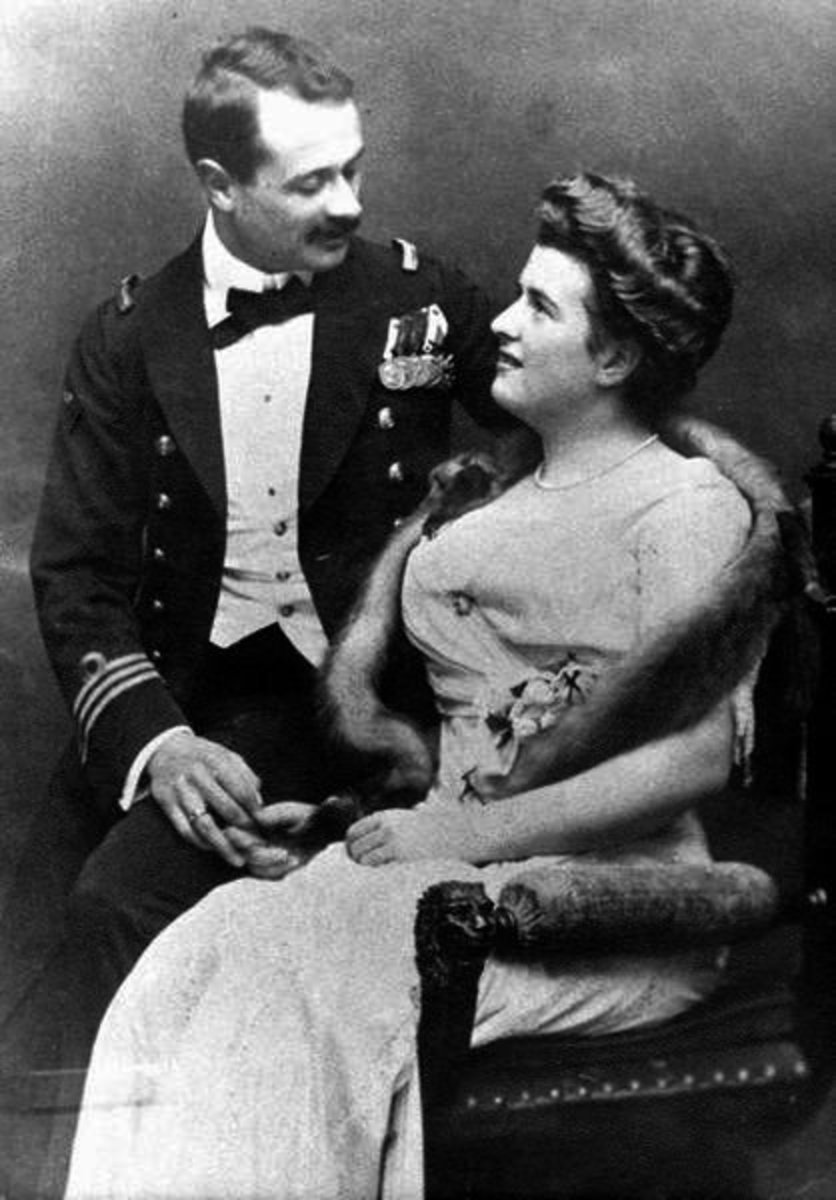Literary Criticism & Contemporary requirements


Urdu criticism in the context of world literary criticism
According to the German philosopher Schlegel, "Literature is the essence of the intellectual life of a nation", the father of English critic Adam John Dryden is the second great English name after Sir Philip Sidney, who threw a pebble into the cold waters of criticism and what a great evolution. The wind whose waves are still expanding within themselves so much that the creation of every covenant creates its own critical circle. The rules imposed in the past do not necessarily meet the needs of every age.
As far as the earlier critics are concerned, they have become part of human history with regard to their time. Some insight can be gained from them, but they cannot be called a last word. The first name in literary criticism is Plato, a disciple of Socrates on the one hand, and Aristotle's teacher on the other hand, due to the taste of his time prefers philosophy to poetry in order to strengthen democracy. However, he does not deny the importance of literature. Where Plato criticizes poetry and excludes it from its ideal state, Aristotle defends poetry and does not agree with Plato's concept of universalism, and in keeping in view the requirements of his time, Plato's Imitation . Whereas Aristotle molds the concept of imitation, the poetry that emerges in the mind emerges as a masterpiece of creation, not merely imitation.\
As a result of the rise of Rome after the fall of Greece, everything appeared to be under the law, the literature was no exception whose representative was Horace, the disciple of Aristotle, Horace, to fulfill the requirements of his time laid the foundations of Neo Classicism. And the fountains of eighteenth century criticism sprang from it. Aristotle disagreed with Plato on the basis of modern requirements. In Aristotle as with Horace, there seems to be an increase sometimes decrease in the consciousness of contemporary requirements. in the Roman period the prose attracted criticism and produced the critics like Quintilin. It was also the need of the hour. Boileau introduced the French translation of the Critic Longinus, and it tells much about the fountains of criticism in 1674 in context of longinus’s Sublimity. In the Middle Ages, when the West was plunged into the darkness of, its modern requirements and tendencies of that period gave writers the courage to refuse to practice Latin and Greek, and the great poets of the thirteenth century wrote their own (Divine Comedy). Instead of Latin, "Turbiakhudaundi" gives evidence that apart from Latin the top creative masterpieces can be found in Latin, and inspired the local languages by employing the first brick. Prior to the sixteenth century in Europe, Dr. JamilJalbi said that "all of Europe was one in the Middle Ages." Religion dominated it and all my life, all thoughts were revolving around it. "
Addiction borrows the thirst for modern needs of the sixteenth century. Answers to all the questions that have arisen before this are found in the representative of the era, John Dryden, whose essay echoes in the palace of literature as such. The echo sounds the same way now and reinforces the ideology of modern necessity and the importance and utility of time and space. ”Aristotle chose the exemplary model of the tragedy fromSopho Keys and EuroPDsif he Had we read English plays, it would have been possible for him to change his mind. "
In the nineteenth century, when the elements of classicalism and neo-classicism were brought to their senses by nature and the creative element also emerged as masterpieces of nature, romantic criticism of modern requirements also led to Wordsworth, Coleridge and Shelley. Comes in the form of A global revolution in the global literary world.
As the sun shines in the twentieth century when time changes its requirements, great critics like Matthew Arnold and TS Eliot raise awareness of practical criticism and meet modern requirements by acquiring literature with a new concept of revival and tradition. And James, a critic of the same era, has come to the conclusion that "the flower of art blossoms where the soil is deep."
According to TS Elite, "criticism is as essential as breathing", Urdu language is not beyond its comprehension and the literary taste of Urdu demands its modern requirements. After the War of Liberation, where political, social, economic and social revolutions took place, a revolution in Urdu literature also took place, and such personalities as Muhammad Hussain Azad gave rise to practical and ideological criticism in the world criticism of Urdu literature. The third decade of the twentieth century, which gave birth to the Communist Revolution before the beginning and the Second World War in the decade following the end, also transformed the literature of Urdu literature into the changing world. The progressive movement set some such paths for progressive literature. Critics such as SajjadZaheer, Al Ahmed Sarwar, AkhtarHussainRaipuri and MajnurGhorKhapuri have also developed a progressive quality critique for the creations, making literature a life-interpreter. And today, the continuation of this tradition is seen in critics such as Muhammad Ali Siddiqui, Dr. Agha Sohail and Dr. SaleemAkhtar, in cultivating this thinking and in bringing awareness in respect of of Urdu literature.
One of the demands of the same age, which is full of revolutionary spirit and the logic of literature for life flows taking with itself the point of view of that era. Its representatives are the critics like Maulana Salahuddin Ahmed, DrWazir Agha, Muzaffar Ali Syed and Jilani Kamran.
A section of Urdu literature which appears to be linked to the global critical movement due to the prevailing and wants to fulfill the critical requirements of its period by utilizing the criticism of different times and places. Among them are critics such as Kaleemuddin Ahmed, Mohammad Hassan Askari, Syed WaqarAzim, Syed Abid Ali Abid, Dr. Anwar Sadeed, Dr. SaleemAkhtar, Dr. Wazir Agha, Farman FatehPuri, and Dr. Bashir Saifi.
Telltale fact that in a particular period the political, social, economic, social and economic conditions of a particular region affect the lives of the people and how can one of the most important fields of literature remain without being affected by it. When literature is influenced, the fruits of creation is also born under its influence, as well as the requirements of literary criticism are varied, so it is only by the parameters of this covenant that creations can be properly tested. A successful critic of every period and language is the one who is creative in analyzing the creation of the pastime, under the influence of modern necessities, in the light of his critical awareness that his critique would be the door to the realities of life. And the coming generation could look into it and find new avenues for themselves. Contemporary creation also wants to harmonize with the modern requirements of literary criticism.



